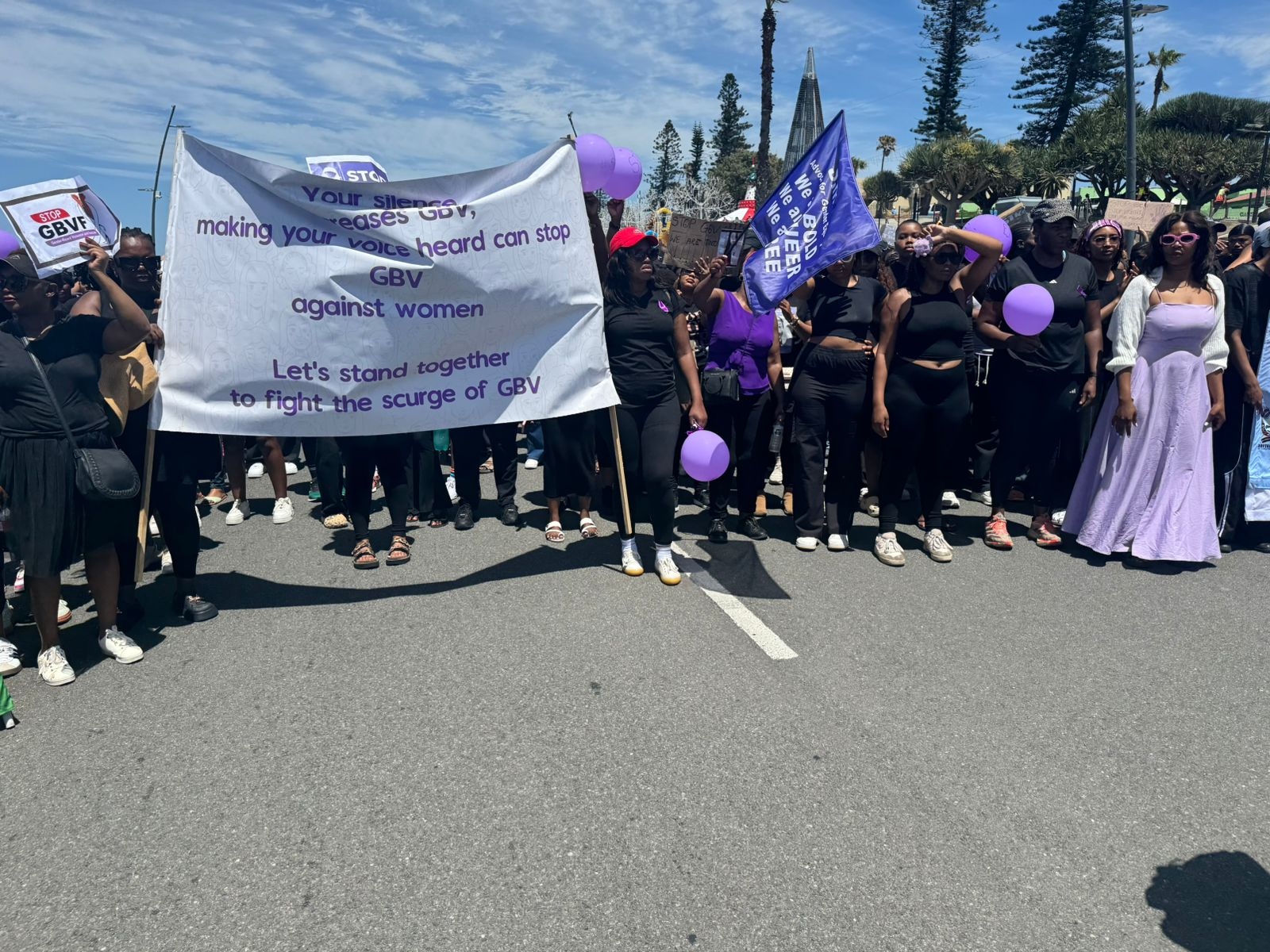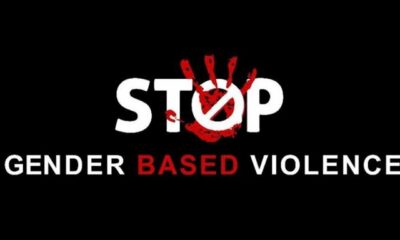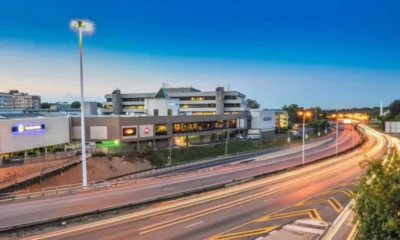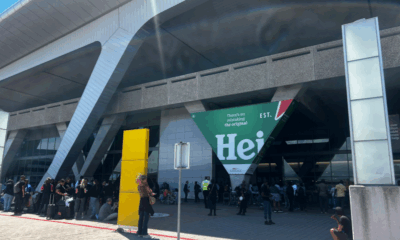News
More Organisations Unite as South Africans Honour GBVF Victims at National Shutdown

Johannesburg woke up on Friday to a powerful wave of collective grief, anger and determination as more organisations joined Women for Change’s national shutdown in honour of victims of gender based violence and femicide. What began as a call from one non profit quickly grew into a broader movement, reflecting how deeply the epidemic of GBVF has scarred South African communities.
A Country Standing Together
By mid morning, groups from across Gauteng had gathered at Constitution Hill, a location with heavy symbolic weight. As the former site of oppressive rule and now a home for the country’s Constitutional Court, it represents both South Africa’s painful past and its promise for justice. Demonstrators arrived in black, purple and placards filled with the names and faces of women whose stories never made national headlines but live on in their families and communities.
Women for Change, which mobilised Friday’s shutdown, said the aim was simple: confront the country’s GBVF crisis with unity strong enough to be felt beyond our borders.
From Local Voices to Global Pressure
One of the participants, Kearabetswe Moopelo, expressed a sentiment many activists have echoed. South Africans are tired of shouting into the void. They want the world to hear them.
“We want this to be more than a national shutdown. We want to turn it into a global shutdown,” she said. “If global organisations can amplify this issue, maybe it will start a fire in other places too. We’re making sure it forms part of our declaration.”
Her words resonated with many on social media, where hashtags like #G20Shutdown, #StopGBVF and #WomenForChange trended throughout the morning. Posts ranged from heartbreaking testimonies to firm demands for accountability, while others shared frustration over how normalised violence against women has become.
A Movement Growing by the Hour
The timing of the shutdown, just ahead of the G20 Leaders’ Summit, is no coincidence. Organisers intentionally aligned the demonstrations with the international gathering in the hope that global leaders would take notice of South Africa’s crisis. Several local organisations, student bodies, religious groups and community coalitions joined the call, describing it as a necessary intervention in a country where women are killed at rates far above the global average.
The growing support shows how widespread the demand for meaningful change has become. Many South Africans believe the shutdown is not only a protest but a moment of collective mourning and reflection.
Why This Moment Matters
South Africa’s fight against gender based violence is not new, but many say it is stuck in a cycle of outrage without reform. Friday’s demonstrations offered a renewed sense of urgency. Constitution Hill, a space that once imprisoned anti apartheid heroes, became a stage for ordinary citizens demanding the same level of commitment and resolve from today’s leaders.
As the G20 summit unfolds, activists hope the voices raised in Johannesburg, Cape Town and beyond will ripple further than officials expect. For now, the national shutdown serves as both a memorial to GBVF victims and a reminder that South Africans refuse to be silent.
This is not just a moment. It is a movement that continues to gather strength.
{Source:EWN}
Follow Joburg ETC on Facebook, Twitter , TikTok and Instagram
For more News in Johannesburg, visit joburgetc.com



























